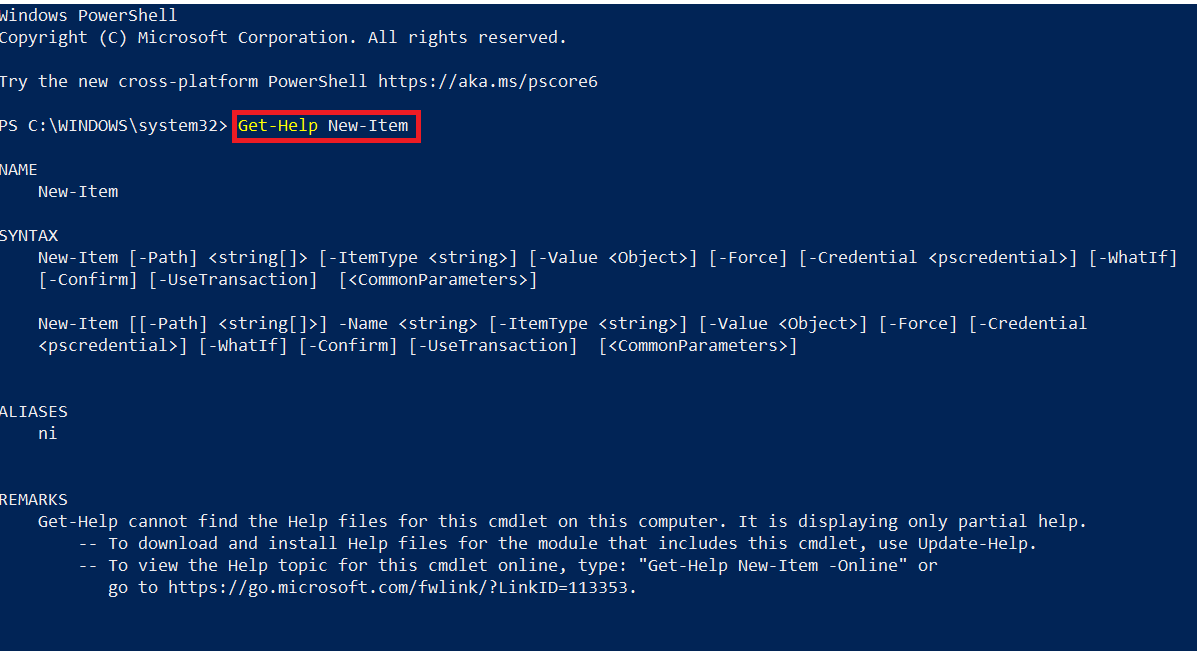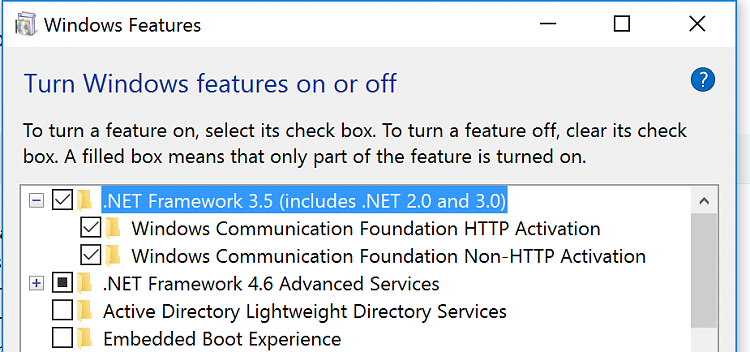
- #Net use windows powershell windows 10#
- #Net use windows powershell password#
- #Net use windows powershell Pc#
#Net use windows powershell password#
If the Samba is being used for the share, on the Samba server, use the smbpasswd command to add a users password to the SMB database. You can now connect to the Samba share using the username and password. When mapping the network drive, there may be a prompt to enter a username and password.

To have a network drive mapped when Windows is restarted, you can create a batch file, such as map.bat at C:\Users\your_username\AppData\Roaming\Microsoft\Windows\Start Menu\Programs\Startup, and the network drive will be mapped on boot. To make absolutely sure that youre hitting the right command and not an alias, try explicitly using net.exe as the command. net use N: localhostc sets up a new global drive pointing to the local machines C.
#Net use windows powershell windows 10#
Remove-PSDrive -Name X -PSProvider FileSystem I cant replicate this on Windows 10 using PowerShell 5.1. New-PSDrive -Name X -PSProvider FileSystem -Root \\fs.\share -Credential $Cred -Persist $Cred = New-Object ('Your Username',$pass) $pass="Your Password"|ConvertTo-SecureString -AsPlainText -Force

In the top menu of Windows Explorer, select Map network drive. PowerShell is a task automation and configuration management program from Microsoft, consisting of a command-line shell and the associated scripting language.Initially a Windows component only, known as Windows PowerShell, it was made open-source and cross-platform on August 18, 2016, with the introduction of PowerShell Core.Note single dot at the end Without the dot it did not work.

Select the Windows Start Icon > Computer. Windows operating systems provide the net use command in order to connect ,remove, configure connections to the shared resources like mapped drives, network resources and network printers. In my Windows 10 mounting home directory of remote ssh server worked in users powershell using command.To do so, type the drive letter for the network drive, then the UNC path for the remote file share.
Let’s map the F: drive to the C$ server file-sharing FS01. According to windows help NET USE, when used without options, lists the computers connections. Open the command prompt or PowerShell and type: Net Use This will show a list of all connections and the status of the connection: net use command We can also view the details of each connection with net use#Net use windows powershell Pc#
This command allows us to map a network drive from the command line through the File Explorer.Īssume we are working on a Windows 10 PC in a domain with a Windows server that hosts a file share:Īs an administrator, open a command prompt or a PowerShell console. One of the net use command uses to map network drives. In my Windows 10 mounting home directory of remote ssh server worked in user's powershell using command. Throughout this article, we will learn about each parameter and observe how it applies to different scenarios. The net use function allows us to view device connections, create new ones, and delete old ones. This is accomplished by using several parameters and switches, as illustrated below. We can operate with files on network file shares using the net use command. The Select-Object cmdlet expects a structured object, and will return the named member property from that object - in other words, in your example, it's expecting a structured object with a member property called 'local.'. As such, it does not pass structured objects into the PowerShell pipe, only text.

The Cmdlet we are looking for is New-PSDrive, but most importantly you need use the -Persist switch. We will learn about the legacy net use command and its similar command counterpart in Windows PowerShell. NET is not a PowerShell command it's an external program. To do it in PowerShell, press the Win + R keyboard combination to bring up a run box, then type powershell and hit enter. One of the most reliable commands in a senior Windows administrator’s arsenal is the Windows net use command, a legacy command to create and manage SMB Windows mapped connections and drives. Mapping network drives is one of the most common uses of the net use command.


 0 kommentar(er)
0 kommentar(er)
